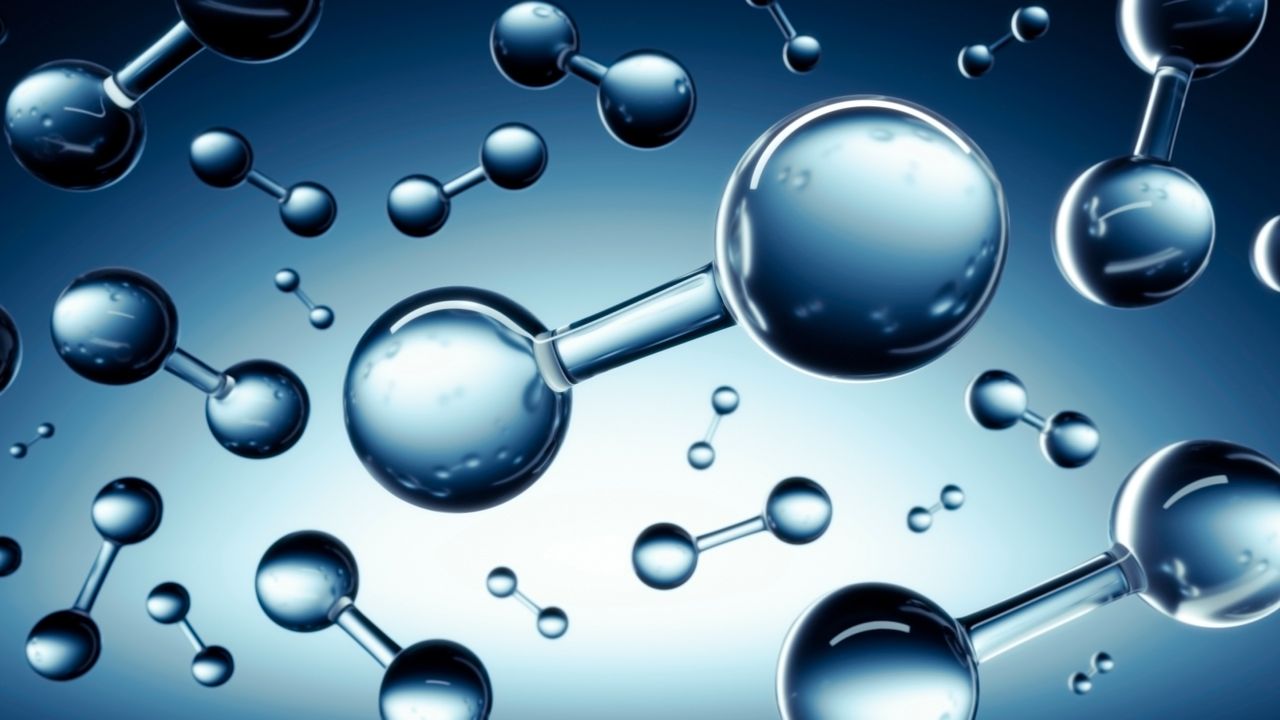UPDATE: A revolutionary hydrogen battery breakthrough could transform electric vehicles (EVs) by operating at temperatures four times colder than current methods. Researchers at Tokyo’s Institute of Science have developed this game-changing battery, which could render traditional lithium-ion batteries obsolete.
This cutting-edge hydrogen battery can function at a mere 194°F (90°C), significantly cooler than the 572-752°F (300-400°C) typically required by existing solid-state hydrogen storage systems. This advancement was detailed in a study published on September 18, 2023, in the journal Science.
The implications of this breakthrough are profound, potentially paving the way for lighter, more efficient, and longer-lasting batteries for electric vehicles. The lead researcher, Takashi Hirose, an associate professor at Kyoto University, stated,
“These properties of our hydrogen storage battery were previously unattainable through conventional thermal methods or liquid electrolytes, offering a foundation for efficient hydrogen storage systems suitable for use as energy carriers.”
Current hydrogen-based power systems often struggle with efficiency and high-pressure storage issues. However, this new technology achieves the full theoretical storage capacity of the magnesium hydride anode while maintaining high ionic conductivity at room temperature, making it a strong competitor to lithium-ion batteries.
The core innovation lies in the battery’s solid-state electrolyte, crafted from barium, calcium, and sodium hydride. This crystal-like structure enables superior electrochemical stability and conductivity for hydrogen ions, even at lower temperatures. This allows the battery to operate similarly to lithium-ion batteries but with hydride ions carrying a negative charge.
The performance of this hydrogen battery is remarkable, boasting a capacity of 2,030mAh per gram, compared to lithium-ion batteries that typically range from 154 to 203mAh per gram. This stark difference highlights the potential for hydrogen batteries to significantly enhance energy storage capabilities.
While the operating temperature remains just below the boiling point of water, making it unsuitable for everyday consumer electronics like smartphones or laptops at this stage, the potential applications in the EV market are immense. The shift to hydrogen batteries could alleviate the weight issues and degradation problems associated with lithium-ion technology.
This breakthrough not only promises to improve EV performance but also aligns with global efforts to transition towards green energy. By mitigating the need for high-pressure systems and extreme cooling, this hydrogen battery could represent a major step forward in reducing carbon footprints compared to fossil fuels.
The researchers’ findings could indicate a future where hydrogen serves as a clean, efficient energy source, making strides toward sustainable transportation. If scaled up for mass production, this technology could further solidify hydrogen’s role as a key player in the renewable energy landscape.
Stay tuned as we monitor developments in this exciting field of energy storage technology. The implications for both consumers and the environment could be groundbreaking.
